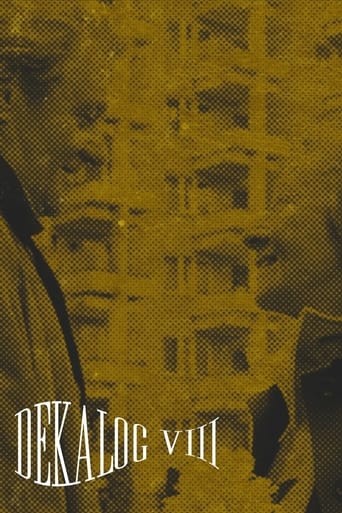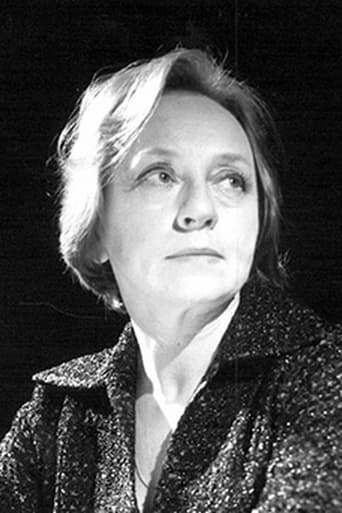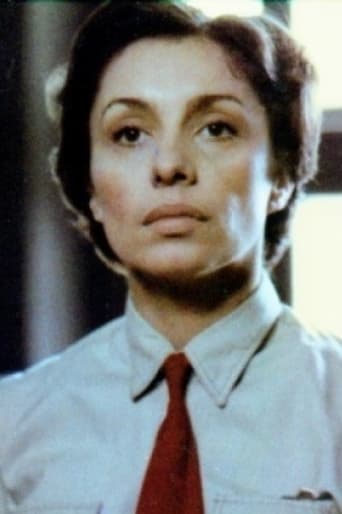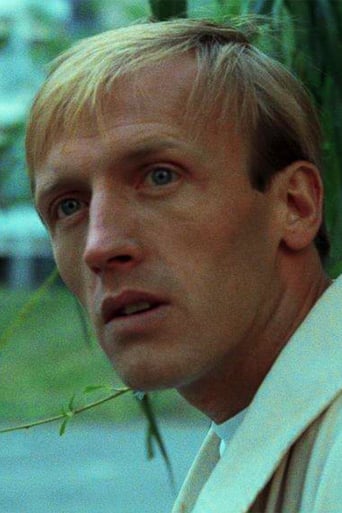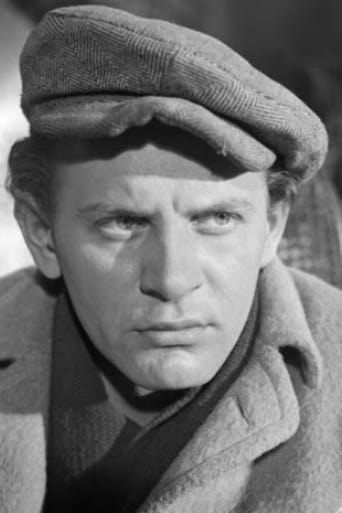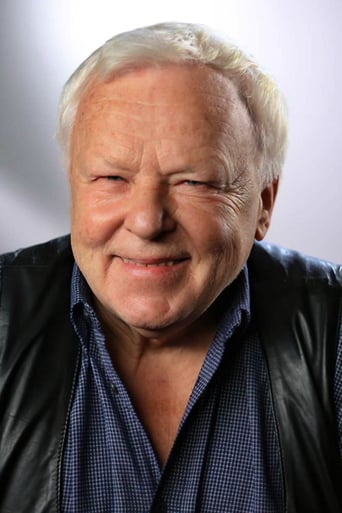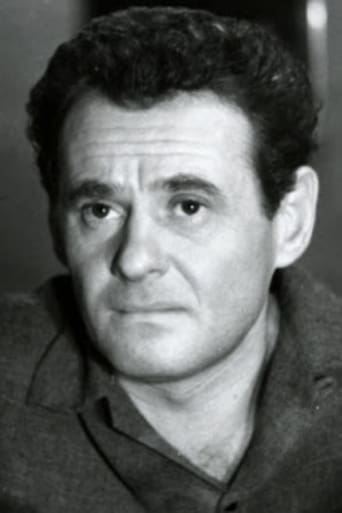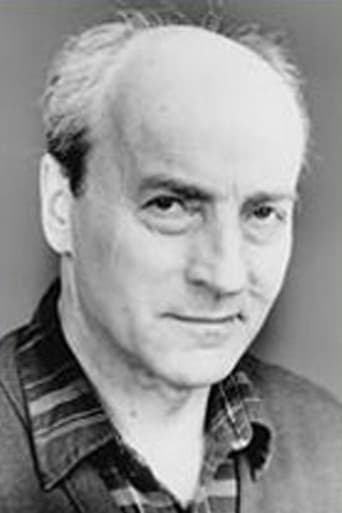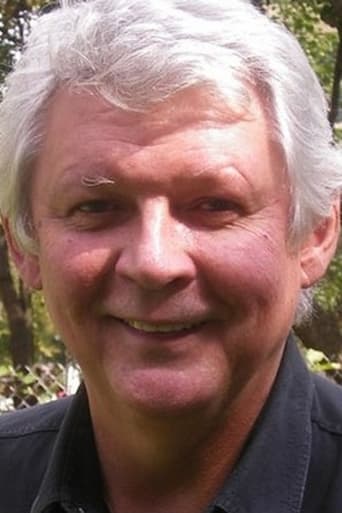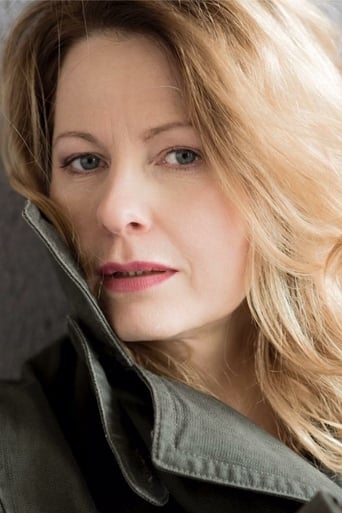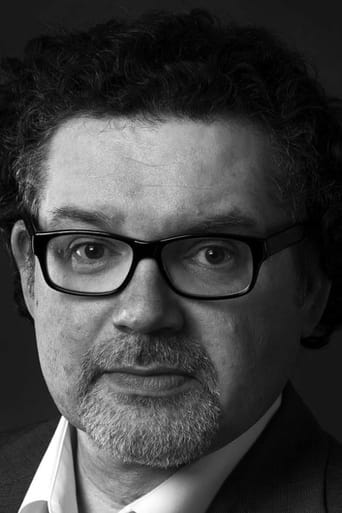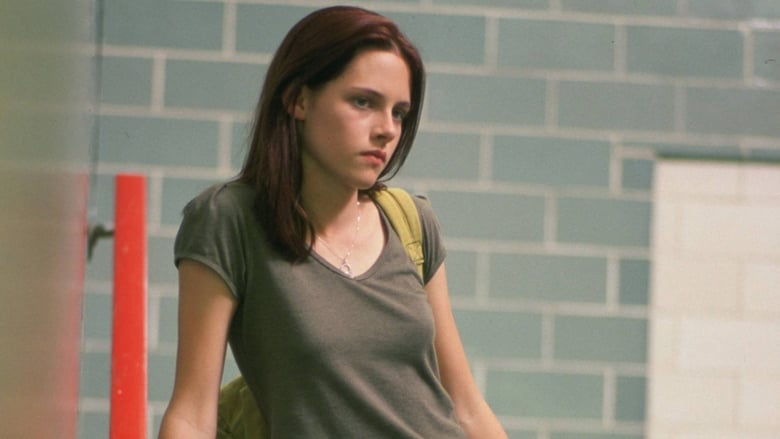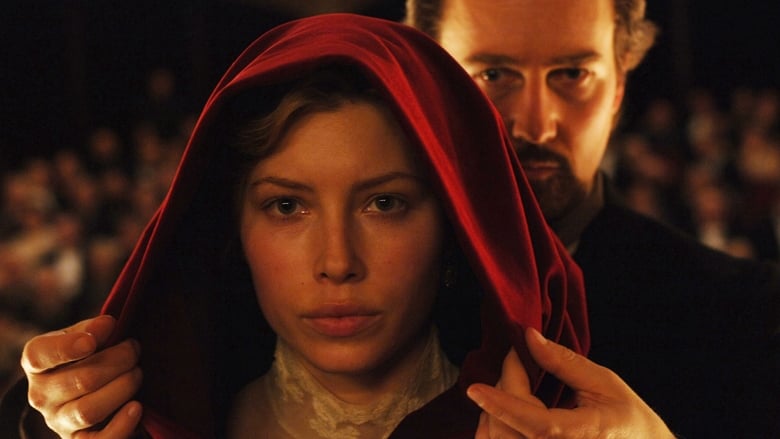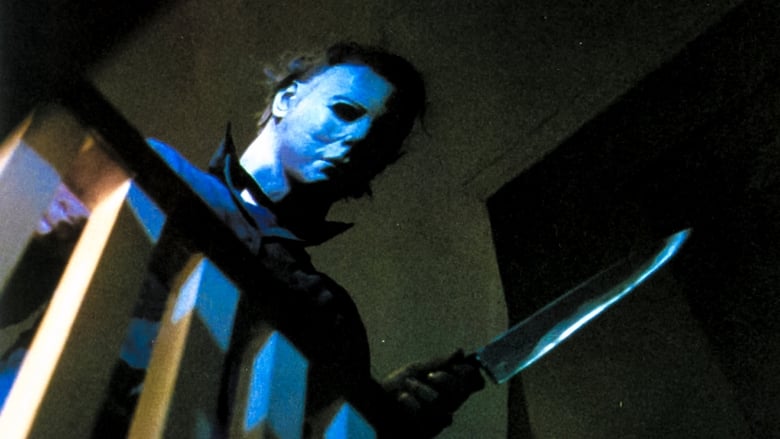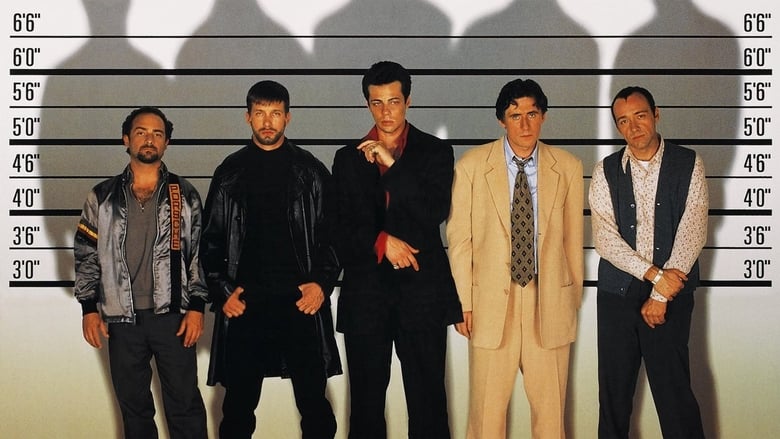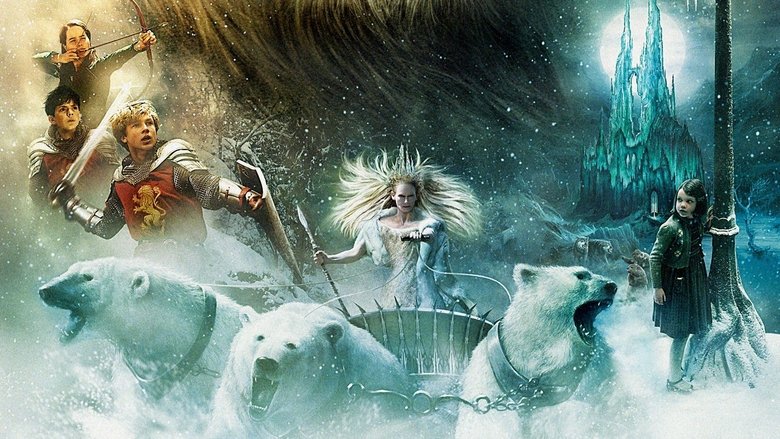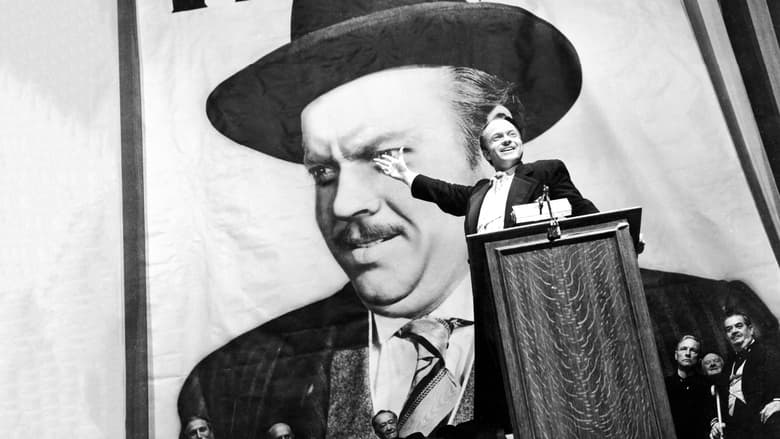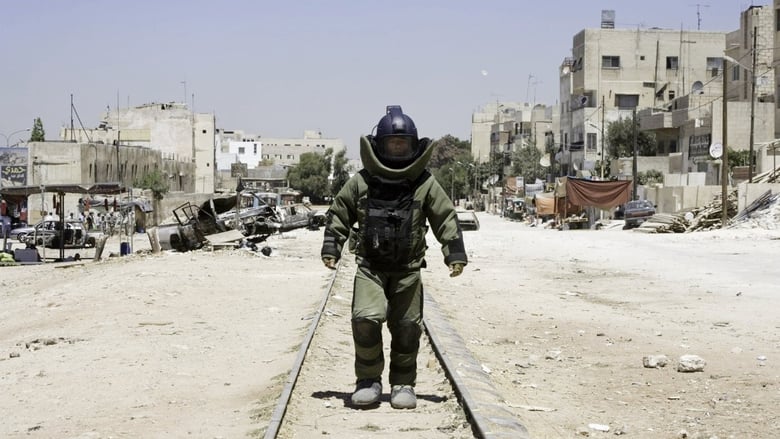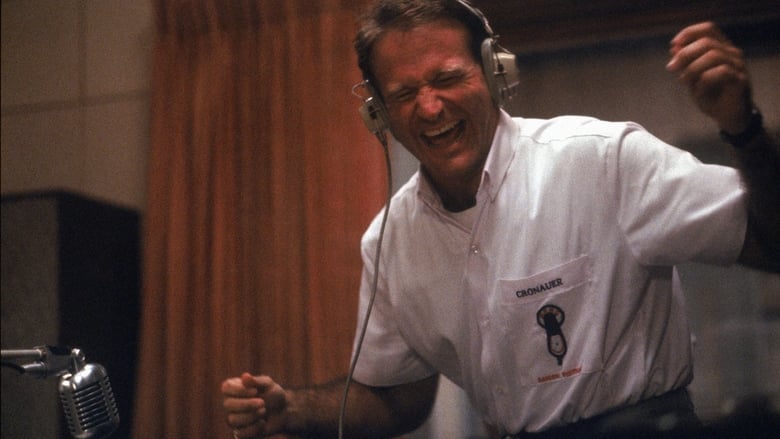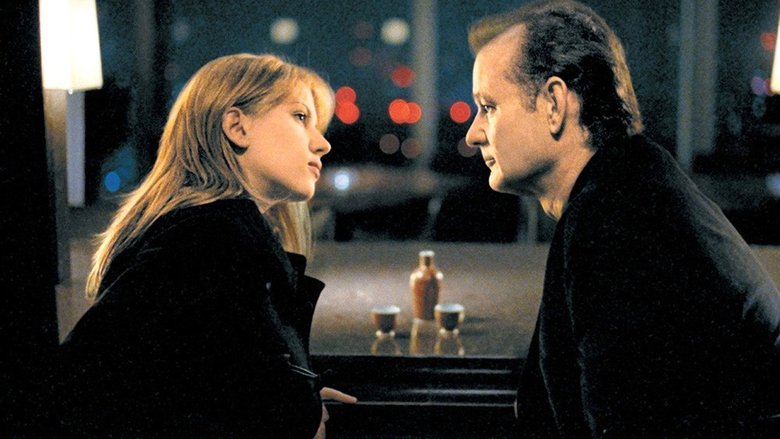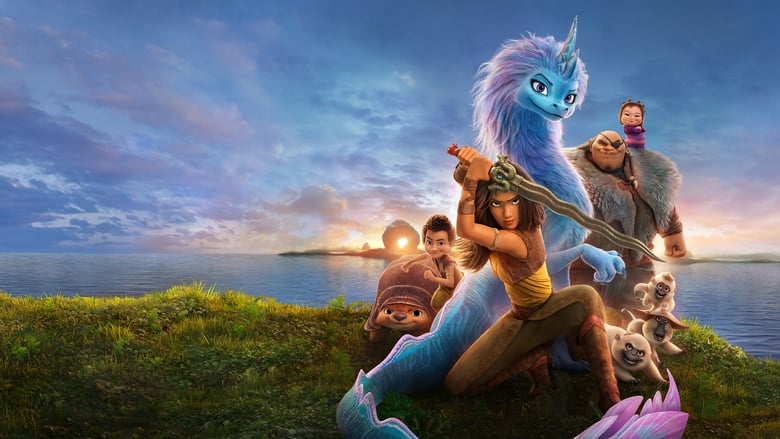Zofia, a professor of ethics, is visited by Elżbieta, an American researching the fate of Jews who survived World War II. A daytime classroom conversation turns into a night of confrontation, and Zofia is forced to answer for a decision she made decades ago that directly affected the course of Elżbieta’s life.


Reviews
Kieslowski's Dekalog are stories of human motivations, the repercussions of human instinct and above all god's impact on our decisions. Dekalog VIII fit in well with the series, it's messages were clearly communicated and the performances were great but I think that the film by itself wouldn't be able to hold up. I feel that Dekalog VIII was a weak contribution.The story was weak in comparison to the other Dekalogs and it lacked the emotional punch of the other films. The part of the film I found most interesting was Zofia's meeting with the contortionist. I believe that this scene is metaphorical for the futility of trying to change what had happened to Elzbieta and the guilt will stay with Zofia forever. Other than the commandment it is based on the theme of this film is guilt and I think that was what I didn't like about the film. Zofia let Elzbieta in her life out of guilt and Zofia's motivations were selfish after the war. Guilt crippled Zofia's life and she was trying to make up for it by teaching economics,teaching people to become better humans. Elzbieta's arrival back into Zofia's life was her redemption. Elzbieta was showered with kindness and answers by Zofia and all the help that Elzbieta needed. Was this because of the goodness that was inside everyone as Zofia put it or was this because Zofia wanted to feel better about herself? I believe in the latter. I think if I re-watched this I would definitely like it and understand it more but as it stands this is my least favourite Dekalog. As always Kieslowki's direction really makes the film and shows a unique vision of these characters. It is worth watching. 7.5/10
"Simuland" him/herself bears false witness by spreading ignorance!: "What Polish underground? That must have been a really exclusive minority. There was no organized effort by any Polish underground to save Jews; whatever Jews happened to be rescued were done so by individuals acting on their own. To claim otherwise, as K. does, is to lie." FACT: Poland had the largest--and longest lived--underground in Europe during WWII! It gave France & Britain a copy of the Germans' enigma coding machine, & helped to crack the code. FACT: Future Georgetown University Jan Karski escaped to England to inform a doubting West of the Holocaust(including meetings with British foreign secretary Anthony Eden and President Franklin D. Roosevelt). FACT: Zegota (the Council to Aid Jews)was a branch of the Polish underground established to rescue Jews from the Nazis.Its express purpose was to aid the country's Jews and find places of safety for them in occupied Poland. Poland was the only country in occupied Europe with such a dedicated secret organization.Simuland then continues to spew his bigotry: "Widespread deep-seated Polish anti-Semitism both predated and survived the Nazi invasion; Poles killed Jews even after the Nazi's retreated. To this day they make life insufferable for the scarce Jews who remain in their country. (I have this directly from a Jewish colleague who grew up in and fled modern Communist Poland.)" There was strong animosity on both sides toward each other. This came from centuries of antagonistic living in close quarters (predicated by Poland's unprecedented religious tolerance--which is why 90% of European Jews lived autonomously in pre-partitioned Poland). While some Poles did kill Jews, it is likewise true that some Jews killed Poles. To blame the entire populations for the actions of the few, would be like blaming all Americans for the actions of the Ku Klux Klan. Many Jews were communists (the 1st. head of the party in post-war Poland, for example), and helped the Soviets to select & deport 2 million Poles to Siberia after Stalin invaded & divided the country with his ally, Hitler, in 1939 (within a year, 1 million of these Poles were dead). The "pogrom" he alludes was political. In the Cold War, Moscow backed the Arabs against the U.S. backed Israel. It directed the Polish Communist Party to rid itself of its Jewish faction. The non-Jewish & Jewish factions of the party were bitter rivals.
Everyone, and I mean everyone who is alive, should spend some time with Kieslowski. And to do it right, you need to spend time with these ten experiments.Yes, they are experiments and they are important to the history of cinematic imagination. They are all cowritten. The writing partner sets a knot, a dramatic tangle. Kieslowski then enters this scribble and adds cinematic reality in two ways. The first is simply the cinematic platform of storytelling. The second are a set of cinematic elaborations. Its this second bit that makes him so exciting.They're what I call cinematic folds, but because this is the short form (the movie equivalent of short stories) they only have to be suggested. Taken together, the collection of ten short films is a few hundred loose fishooks, many of which catch you unawares.In his "colors" work he folds these back in his long form experiments.To make this a real experience for us and him, he does most of his work after the project begins filming. And to up the ante, for each of these ten he uses a different creative crew. So you would expect some of these ten to be more adventurous and successful than others.This is the case. This is the least successful of them so far.The value, at least to me, in these is how much Kieslowski there is compared to Piesiewicz. The more of Kieslowski's visual improvisation, the better. This has very little. Blunt viewers will still enjoy the story, which is interesting as such things go. But there's little of the master here. Must have been a time of rest.Ted's Evaluation -- 2 of 3: Has some interesting elements.
One of the most dynamically dramatic episodes of the Decalogue, this particular story also holds in its dialog the key to what drives a lot of the Decalogue segments along: the study of ethics and motivations. It starts out as a discussed reference to Decalogue 2, self-reflectively mocking the attempt to create ethical drama through cancer-patients, and then leads into a much more personal (is that even possible in this series?) look into the histories of the characters involved.The funny thing is that in this one, the drama has already past... which is necessary for connecting to it the idea of the law, "Thou shalt not bear false witness." How does one know how false witness affects negatively the life-station of the people involved could not really be considered so soon after the fact, but instead needs a lifetime of confusion and personal guilt to show an aged person already suffering her own personal hell.What's most interesting about this one is the irony, especially of an ethics professor claiming that the key to moral absolution comes through the survival of the innocent... and yet it is the survival of a young woman who creates her strongest moral dilemma. That is why this episode is the most self-reflexive, because it cannot of itself willingly claim an absolute understanding of events and moral dilemma.--PolarisDiB
